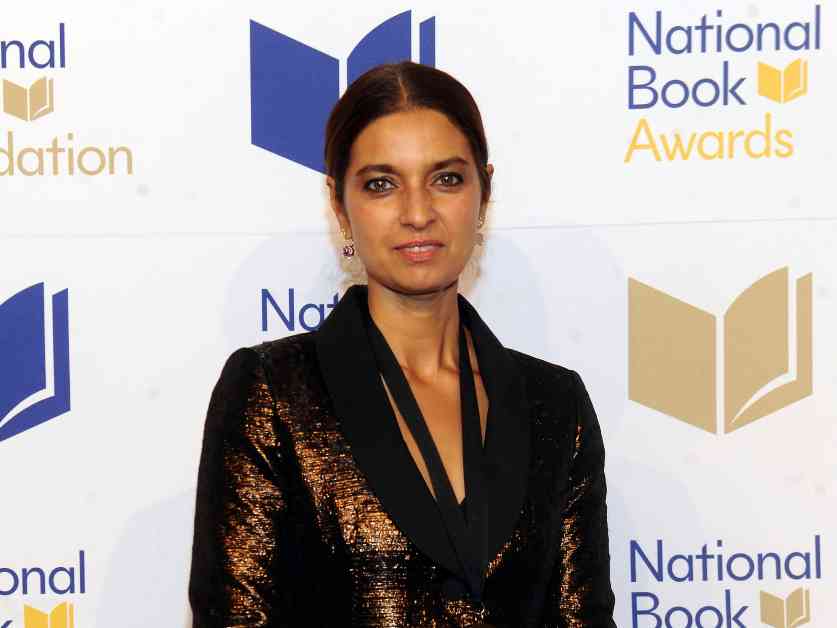Jhumpa Lahiri Rejects Noguchi Museum Award Over Keffiyeh Ban
Pulitzer Prize-winning author Jhumpa Lahiri has made the decision to decline an award from the Noguchi Museum in New York City, following the museum’s controversial decision to fire three employees for wearing keffiyeh head scarves, which are seen as a symbol of Palestinian solidarity. The museum, originally founded by Japanese-American designer and sculptor Isamu Noguchi nearly four decades ago, implemented a new policy in August prohibiting employees from wearing clothing or accessories that display political messages, slogans, or symbols during their working hours.
Reason for Lahiri’s Decision
The Noguchi Museum announced Lahiri’s withdrawal from the 2024 Isamu Noguchi Award in response to the updated dress code policy. In a statement released on Wednesday, the museum expressed respect for Lahiri’s perspective, acknowledging that the policy may not align with everyone’s views. Director Amy Hau stated that the dress code policy aims to prevent unintentional alienation of the museum’s diverse visitors while maintaining focus on advancing the understanding and appreciation of Isamu Noguchi’s art and legacy.
The New York Times was the first to report Lahiri’s decision to decline the award. Lahiri, known for her Pulitzer Prize-winning book “Interpreter of Maladies,” was set to receive the award alongside Lee Ufan, a Korean-born minimalist painter, sculptor, and poet. While Lahiri opted out of accepting the award, Ufan is still scheduled to receive the honor at the museum’s upcoming autumn benefit gala.
Symbolism of the Keffiyeh
The keffiyeh head scarf has been a significant symbol of Palestinian self-determination and solidarity across the globe. Protesters advocating for an end to Israel’s military actions in Gaza often don the black-and-white keffiyeh as a sign of support. The scarf has also been associated with prominent figures such as anti-apartheid leader Nelson Mandela, who frequently wore it.
However, supporters of Israel argue that the keffiyeh symbolizes extremism and violence. The scarf has been a source of controversy, with individuals facing backlash or even violence for wearing it. In a disturbing incident in Vermont, three students of Palestinian descent were shot, two of whom were wearing keffiyehs at the time of the attack.
Controversies Surrounding the Keffiyeh
The keffiyeh has been at the center of several controversies, with individuals facing repercussions for expressing solidarity with Palestine. In a separate incident, a Palestinian-American nurse in New York City was fired from her job after referring to Israel’s actions in Gaza as “genocide” during an acceptance speech for an award. Israel has refuted genocide accusations brought against it by South Africa at the International Court of Justice (ICJ) in The Hague.
Despite the controversies surrounding the keffiyeh, it remains a potent symbol of resistance and support for Palestinian rights. Thousands of scholars in the United States signed a letter in solidarity with campus protests against Israel’s military actions in Gaza, condemning the destruction and loss of life resulting from the conflict.
By rejecting the Isamu Noguchi Award in response to the museum’s dress code policy, Jhumpa Lahiri has taken a stand against the suppression of political expression and the stifling of voices advocating for justice and human rights. Her decision underscores the importance of upholding freedom of expression and supporting marginalized communities in their quest for equality and dignity.
